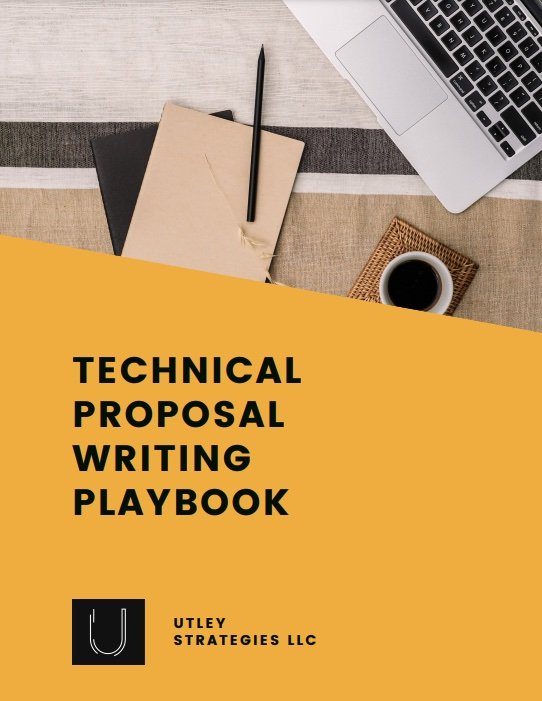How to Add Credibility To Your Proposal
One of the most important purchasing decisions is determining if a company can be trusted to provide what they claim. In proposals, it’s important to make sure that you incorporate elements that add to your trustworthiness. If you’re not sure how to do that, read on for a few of our favorite tactics!
What is social proof and why does it work?
The best way to establish credibility in your proposal is by incorporating different elements of social proof.
According to Buffer, social proof is “a psychological phenomenon where people assume the actions of others in an attempt to reflect correct behavior for a given situation.”
When you’re selling, social proof encourages potential customers to follow the actions of others and buy from you to achieve similar results.
An additional benefit of social proof is that it shows your company is trustworthy, which is a key component of a successful proposal. Let’s look at a few ways you can add social proof to your proposals.
How to incorporate social proof into your proposal
Adding social proof to your proposal can be done in a number of ways depending on your company and the resources you have. Following are a few of the best ways to build trust and credibility within your proposal.
Case Studies
Case studies are an excellent way to show that you have done the same work before and achieved real results. Case studies in proposals should be about 3 paragraphs, and they should describe the problem that the customer was facing, the steps you took to fix it, and the final success.
Within your proposal, include case studies that showcase similar projects for similar customers. The goal is for the customer to see their challenges and ambitions within the case study to learn that it is possible if they work with you.
Testimonials
Testimonials aren’t just for B2C or product-based businesses! Every type of business can pull together testimonials to sprinkle throughout your proposal. Testimonials should, of course, be positive and be a direct quote from the customer that describes their experience working with your company.
You can include testimonials throughout your proposal in key sections to build trust and show that you have had similar customers in the past. Testimonials are also a great way to make your proposal more visual and easier to skim.
References
References aren’t necessary for every proposal, but many RFPs will require references of some sort. When you pull together your references for any given project, make sure that they are for a similar type of work to what you are proposing, and try to find reference organizations that are similar to the customer.
Logos
If you have worked with recognizable organizations, then incorporating their logos throughout your proposal can build trust and tap into social proof. One way to add logos of past customers is to include the logo alongside the case study or testimonial from that specific customer. You can also develop a graphic of several notable customer logos and note that they are all past customers. Whether you have one or many, incorporating notable logos is a great way to show that you can be trusted to complete the project.
Certifications
Especially for service organizations, certifications are an excellent way to establish trust and credibility. Holding a certification typically means that an outside, objective authority has determined that you or a member of your organization has the specific skill set to complete the work. Any time your team or organization holds a certification related to the project, highlight it within your proposal.
Awards
Similar to certifications, awards are provided by an objective, third-party organization. Unlike certifications, however, awards often are given only to a small group (or even just one organization) for notable achievements. Because of their exclusivity and objective recognition, awards have strong persuasive power within your proposal. If you’ve received any notable awards, don’t leave those out!
Customer/Sales Statistics
Another great way to incorporate social proof is to show just how many customers you have had or any other notable statistic. For example, if you are writing a proposal for the healthcare industry, you might include the number of healthcare projects you’ve completed. The final statistics you include will vary based on your company and what your customers will find persuasive, but including these types of metrics really show that your organization is experienced and able to provide the type of work that they need.
These are just a few ways to incorporate social proof into your proposal and add more credibility. If you have a favorite tactic that wasn’t mentioned, let us know in the comments!



